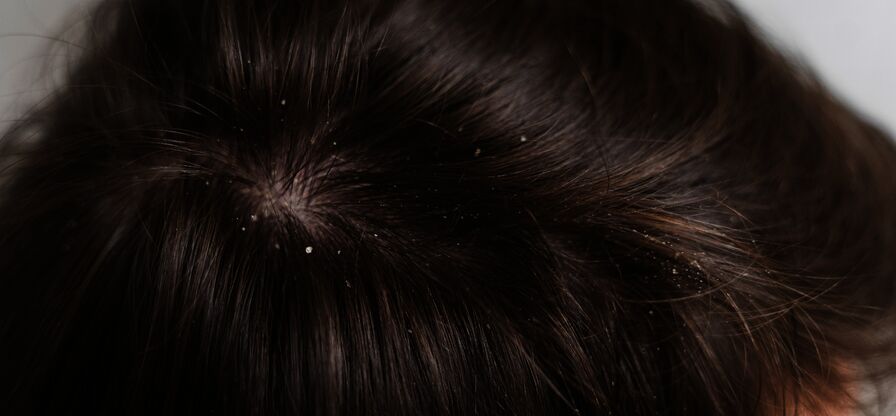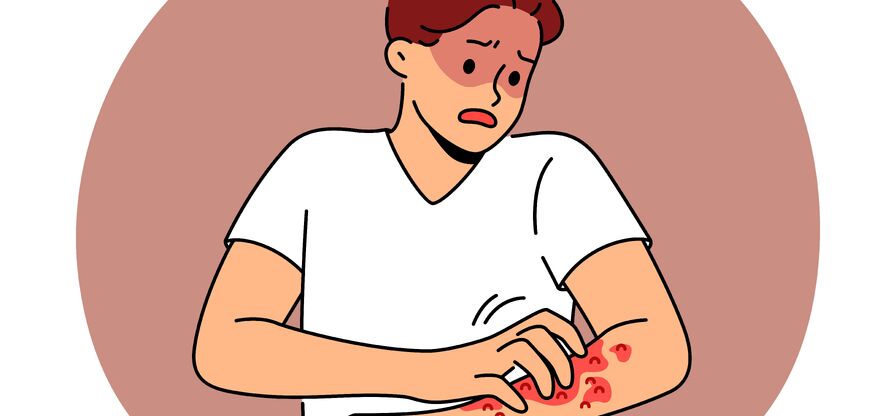I hope no one notices! Ear Wax

In today’s world, it isn’t enough that our skin, hair, and clothes must look good. Even the contents of our ears are judged! Yes, we must admit that earwax does not look aesthetically pleasing; however, how often do we hear that earwax serves a purpose? Earwax is normally and naturally produced by our bodies and plays an essential role in our everyday lives!
The ear naturally produces earwax (cerumen) to act as a protective mechanism to prevent infections, water entry, and damage to the ear. Earwax traps dust and dirt and is naturally expelled by the ears, usually when asleep or in the shower. In some cases, earwax can become irritating or uncomfortable, thus requiring a professionally trained individual to remove the earwax. Do not be tempted to remove the wax yourself – you don’t want to worsen matters.
More hassle than it’s worth!
Excessive earwax can sometimes cause the ears to feel blocked. It can cause the individual to suffer from temporary hearing loss, sensations of blockage, ringing in the ear (tinnitus), itchiness, and feeling dizzy or disorientated. After all, the ears are key for balance.
As tempting as it may be to dig out ear wax, it isn’t the best thing to do. It can cause complications to our delicate ears. People are often tempted to use the most accessible items, hoping to clear out the ears and provide some sort of relief to their ears. Anything from fingertips, pens, keys, cotton buds, Q-tips, toothpicks, and pins!
Although these items may cause some ear wax to come out (that’s if you are really lucky!), the risks of infection, perforation to the eardrum, or the earwax being impacted (i.e. pushed further in and hardened) are just some of the side effects. It is quite common for Q-tips to break and become stuck within the ear. In all of these cases, is it worth wasting time and energy (and stress!) to seek medical help, whether in the form of your local pharmacy, GP or the sometimes inevitable A&E?
Bugs and flies in the ears!
Yes, small bugs and flies can enter our ears and become stuck in the narrow ear canal and/ or wax. In such a case, seek medical help.
Common causes of impacted earwax
- Hearing aids or earplugs
- Narrow ears
- Ageing
- Certain conditions
- Inserting of foreign objects into the ear
Note: Some people naturally produce more ear wax than others, making their ears more likely to become impacted.
Removal of earwax
It is also important to remember that though occasional earwax removal can be beneficial, some earwax is always recommended; it is our ear’s natural defence, after all!
Over-the-counter treatments for earwax
Olive oil ear drops
- Warm to room temperature.
- It helps to soften wax, making it easier to remove.
- Earol, Cerumol, Earex, and Otex Olive Oil.
Arachis oil ear drops
- Warm to room temperature.
- It helps to soften wax, making it easier to remove.
- Important: Do you have a nut allergy? This product contains peanut oil.
Sodium bicarbonate ear drops
- It helps to soften wax, making it easier to remove.
- Otex Sodium Bicarbonate Oil.
Urea hydrogen peroxide ear drops
- It can cause bubbling sensations within the ear, as the product will break down the earwax.
- Earex, Otex Express, Earex Advance, and Otex Express Combi.
Note: Your healthcare provider may recommend using any of these products a few days before they remove your earwax to ensure that the wax is sufficiently softened. Ensure that you follow the instructions properly. Otherwise, the wax removal may be uncomfortable.
When should I see my GP?
- If you are concerned about your symptoms
- If you are experiencing any of the following symptoms: nausea or fever, hearing loss, dizziness, loss of balance, discharge from the ear, ringing in the ears, discharge from the ear, hearing loss, or severe or persistent pain.
- The presence of a foreign object in the ear.
- If you have any medical conditions.
- If you have a grommet or hearing aids.








